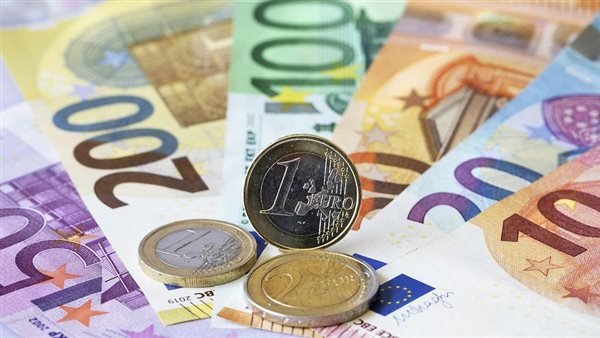
Although simpler than scaling up renewables or electrifying transportation, rapid improvements in how efficiently the global economy uses energy are vital if the world is to have any chance of meeting its climate goals.
Efficiency includes everything from reducing the electricity used by appliances and making industrial processes less energy-intensive to better insulating buildings and improving networks. According to calculations from think tank RMI, two-thirds of today’s energy supply is wasted, representing about $4.6 trillion annually, or 5% of global GDP.
At last year’s COP climate talks in Dubai, countries committed to doubling the global average of annual energy efficiency improvement. So far, it has done little to achieve the goal, according to the Mission Energy coalition of governments, NGOs and think tanks at the COP29 summit in Azerbaijan.
Under this commitment, countries pledged to boost annual efficiency improvements from about 2% to more than 4% each year until 2030. But new data and analysis show that rate is flat instead – achieving an efficiency increase of just 2% in 2022 with Expect a smaller improvement this year.
“Energy efficiency is the most important lever that is not being pulled right now,” said John Crites, CEO of RMI. “It will make the entire energy transition cheaper, faster, fairer and safer.”
Efficiency advocates say it’s the invisible workforce of the energy transition — a way to make the most of every kilowatt generated and maximize infrastructure today, buying time for longer-term investment. The issue has become more urgent as growth in energy demand accelerates globally, fueled by the installation of AI-powered data centers and the shift to electric vehicles.
“You’re improving the effectiveness of each supply option, bringing the cost down until we get to a point where we can afford the grid of the future,” Crites said.
Instead of working to improve efficiency, the world has focused on boosting energy supplies, with promises of more renewables and nuclear power generation, even as some output leaks out of the global energy system.
In negotiations in Azerbaijan, the United States and European countries have been pushing for ways to affirm and advance action to implement last year’s COP28 commitments on efficiency and renewable energy. A key issue is also ensuring that efficiency is included in countries’ emissions reduction pledges for 2035, due in early February.
In Ghana, the work has already begun. Although the country has a history of cheap hydropower, population growth and increasing demand have encouraged Ghana to boost efficiency, with new performance standards for instrumentation and other measures.
Kofi Agyarko, of the country’s Energy Commission, said that between 2010 and 2023, Ghana’s implementation of the efficiency policy saved more than 12,000 megawatt hours and avoided an estimated 7 million metric tons of carbon dioxide emissions.
“It is cheaper to conserve energy than to simply continue expanding power generation capacity,” he said. “Energy efficiency is the invisible turbine that generates clean energy at a cheaper cost,” he added.



